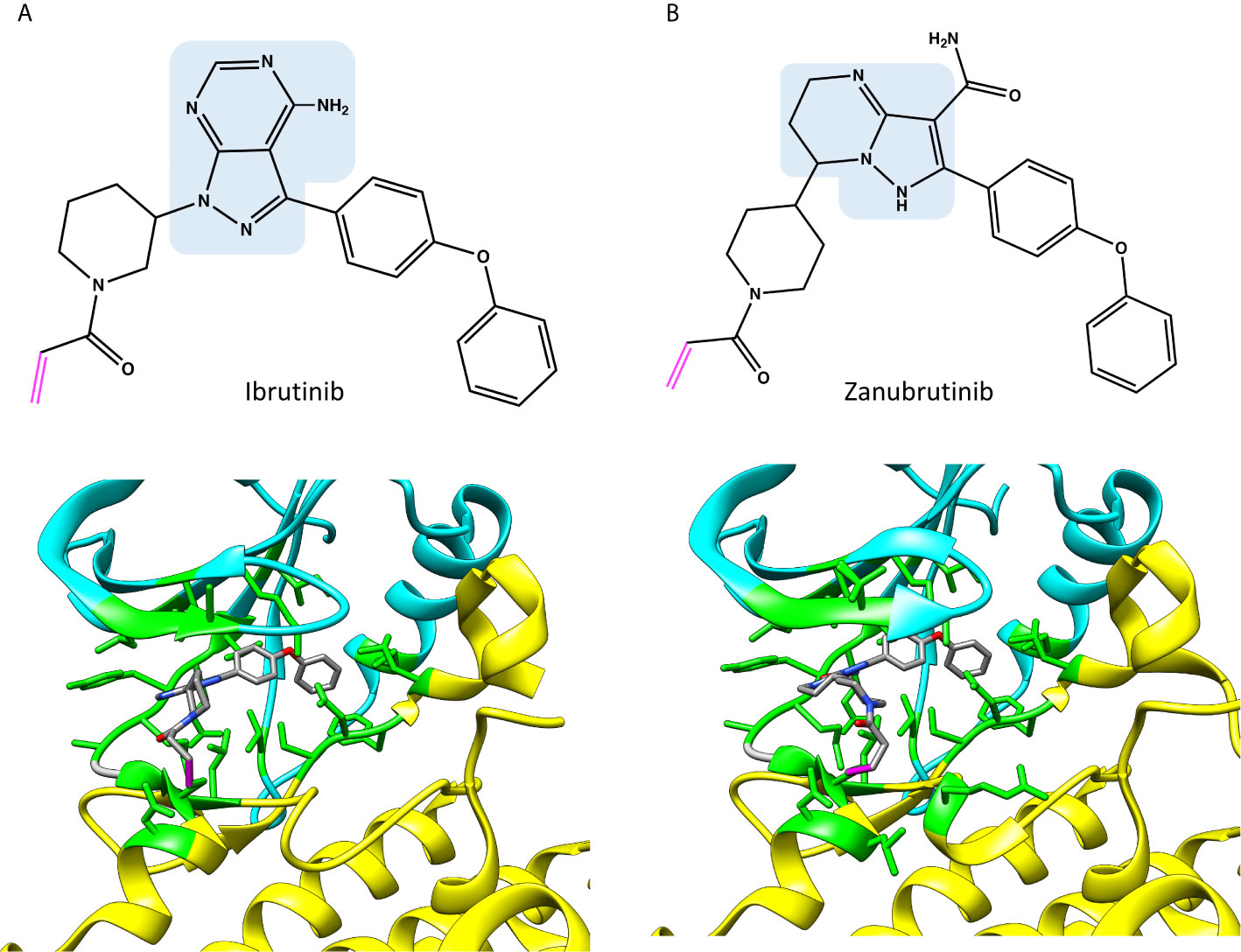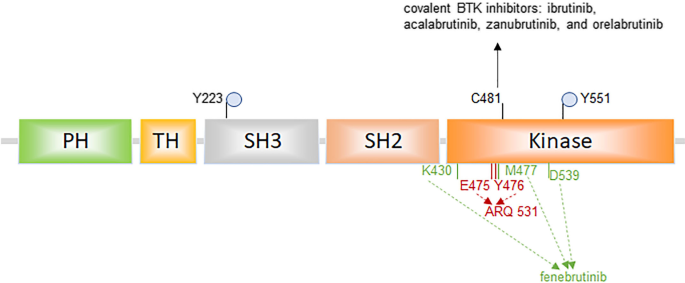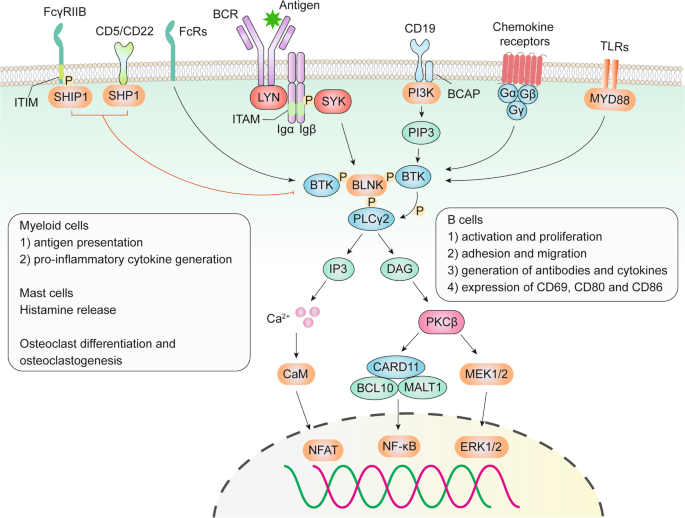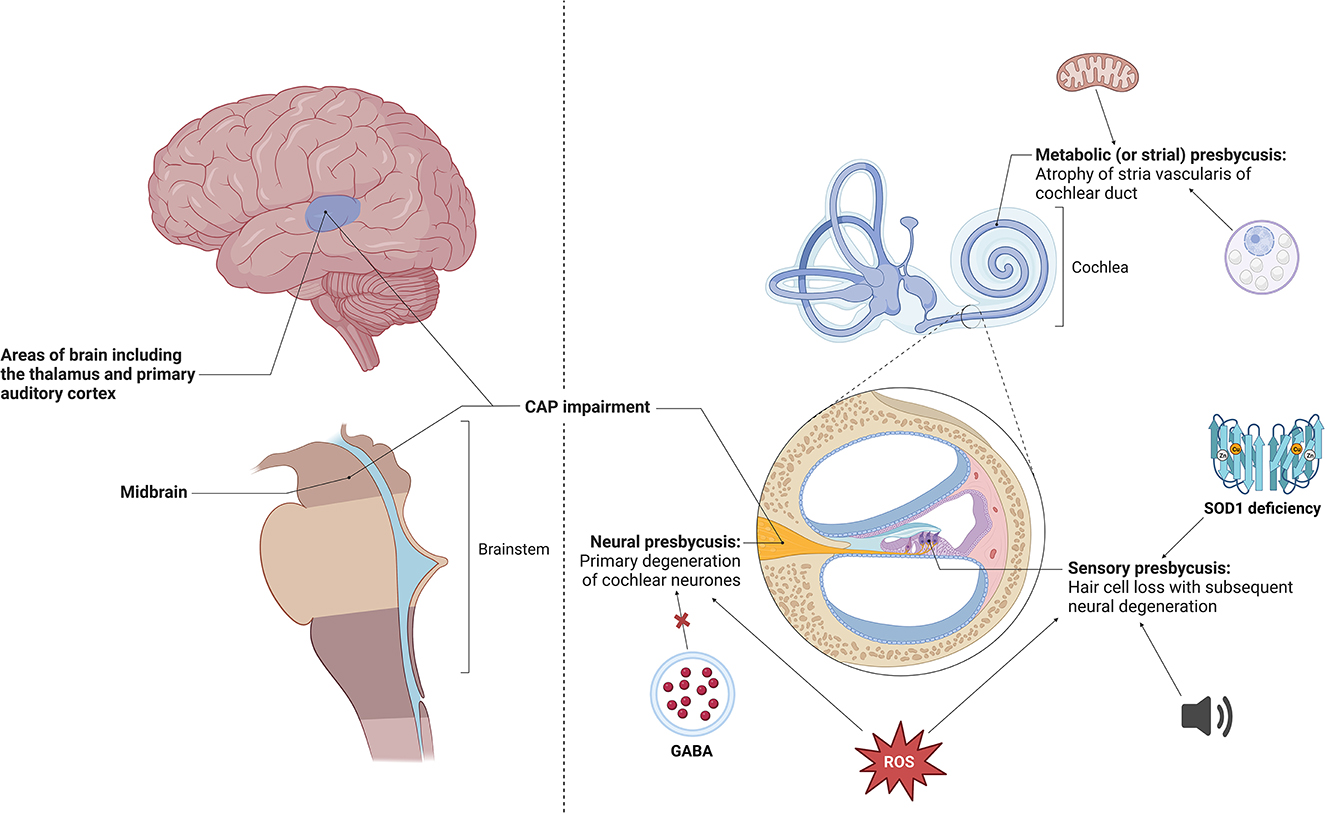Relative Selectivity of Covalent Inhibitors Requires Assessment of Inactivation Kinetics and Cellular Occupancy: A Case Study of Ibrutinib and Acalabrutinib
Por um escritor misterioso
Descrição

Frontiers Structure-Function Relationships of Covalent and Non-Covalent BTK Inhibitors

Prolonged and tunable residence time using reversible covalent kinase inhibitors

A guide to enzyme kinetics in early drug discovery - Srinivasan - 2023 - The FEBS Journal - Wiley Online Library

Relative Selectivity of Covalent Inhibitors Requires Assessment of Inactivation Kinetics and Cellular Occupancy: A Case Study of Ibrutinib and Acalabrutinib

PDF] Relative Selectivity of Covalent Inhibitors Requires Assessment of Inactivation Kinetics and Cellular Occupancy: A Case Study of Ibrutinib and Acalabrutinib

Development of covalent inhibitors: Principle, design, and application in cancer - Zheng - 2023 - MedComm – Oncology - Wiley Online Library

Development of covalent inhibitors: Principle, design, and application in cancer - Zheng - 2023 - MedComm – Oncology - Wiley Online Library

Targeting Bruton tyrosine kinase using non-covalent inhibitors in B cell malignancies, Journal of Hematology & Oncology

BTK inhibitors in the treatment of hematological malignancies and inflammatory diseases: mechanisms and clinical studies, Journal of Hematology & Oncology
a) Structure of CC-292. (b) Inhibition of Btk by an ATP-competitive

Development of covalent inhibitors: Principle, design, and application in cancer - Zheng - 2023 - MedComm – Oncology - Wiley Online Library
de
por adulto (o preço varia de acordo com o tamanho do grupo)







